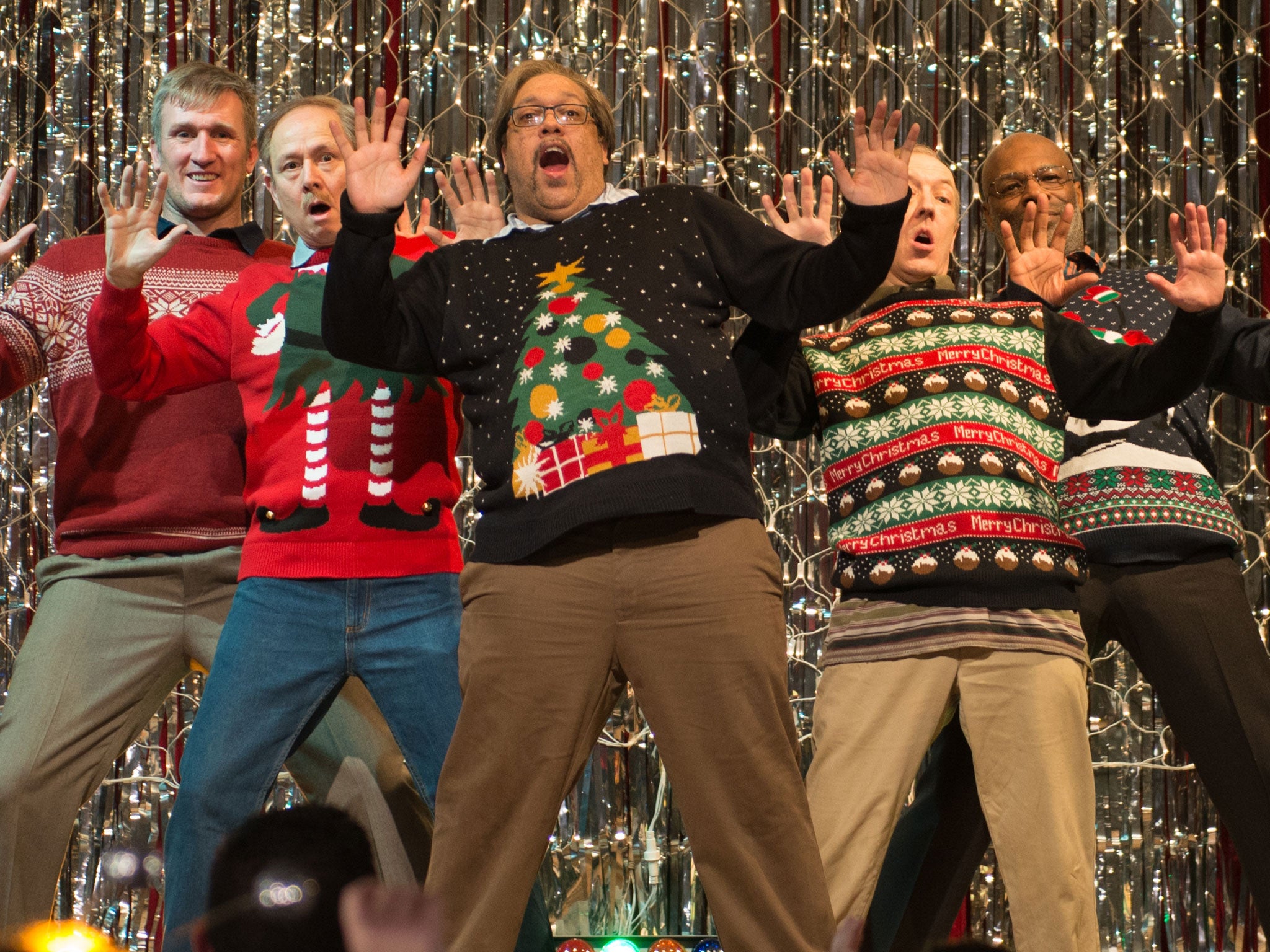11 Christmas words the English language has forgotten

While a some traditional Christmas-related words have survived in popular usage to this day, others have sadly failed the test of time.
Many of us may be vaguely familiar with Yuletide - a winter festival observed by the historical Germanic peoples - but what about Yulestarn?
Here, we explain the meanings of this and other festive words unlikely to be uttered over the Christmas dinner table these days.
BOUN
To boun is to decorate something with evergreen branches at Christmastime.
YULESTARN
A noticeably bright star in the sky on Christmas night is a yulestarn.
BULL WEEK
An old Yorkshire dialect name for the week before Christmas. In the 1800s, workers in Sheffield’s cutlery factories were apparently rewarded with a whole roast bull if they could finish all the extra pre-Christmas work in time for Christmas Day.
YULE-SKREP
Bad behaviour at Christmastime was seemingly once considered so dishonourable that a smack administered to a child’s bottom on Christmas Day had it’s own word in the Shetland Islands: yule-skrep.

RAMRACKETTING
“Christmas gambols” according to the English Dialect Dictionary. Gambol itself is defined as running or jumping about playfully, although it is also used as alternative word for somersault in Birmingham.
MERRY-NIGHT
An 18th century word for a party held in a public house at Christmas.
RUMBALL
As well as being the name of a type of confectionary made from sweet mince, a rumball is a feast served up the day before Christmas, rather than Christmas Day; Rumball Night is an old 18th century nickname for Christmas Eve.
BUMMOCK
An old Scots word for a large quantity of drink purposely brewed for a special occasion, and in particular at Christmas—in the 18th century a bummack, or bummock, was also the name of a party given by landlords to their tenants at Christmastime.
CRAWMASSING
Gathering up or going through the remnants of a Christmas meal is called crawmassing. It’s probably based on comassing, an earlier word referring to someone who begs from their friends or neighbours rather than strangers.
GAWBY-MARKET
Gawby or gaby is an 18th century word for a fool or simpleton, and a gawby-market is a fair or market held on the first day of trading after Christmas.
According to the English Dialect Dictionary, these markets were originally labour markets, where unemployed servants and house staff could seek extra work over the holiday period
But over time they became more associated with moneyed day-trippers and young couples, who had little intention of buying anything or hiring anyone, and instead wanted just to be seen out and about in their new Christmas fashions.
YULESHARD
Someone who doesn’t receive any new clothes at Christmas, however, is a yuleshard.
Join our commenting forum
Join thought-provoking conversations, follow other Independent readers and see their replies
Comments
Bookmark popover
Removed from bookmarks